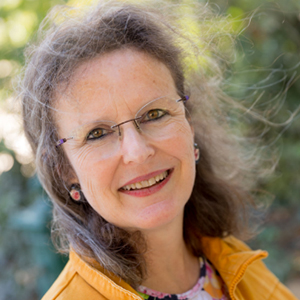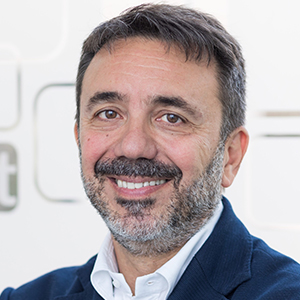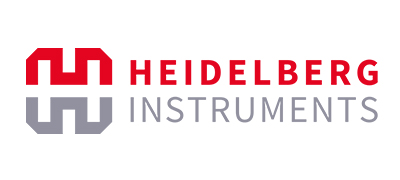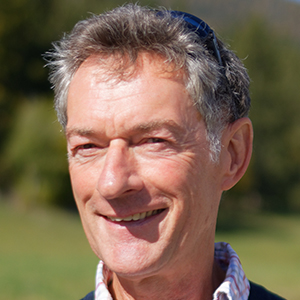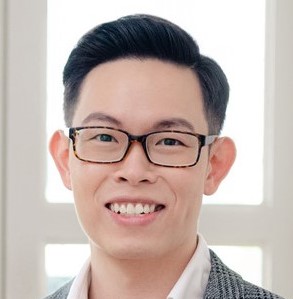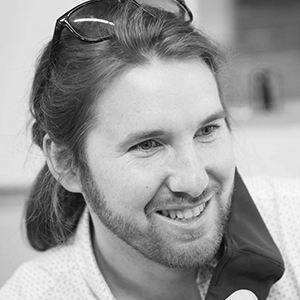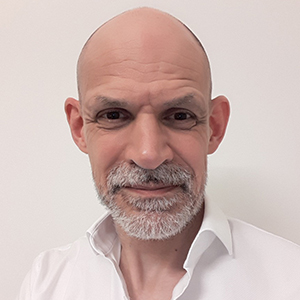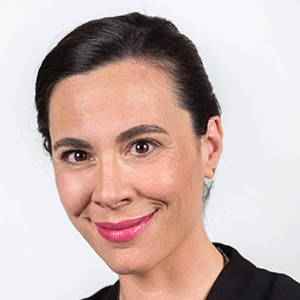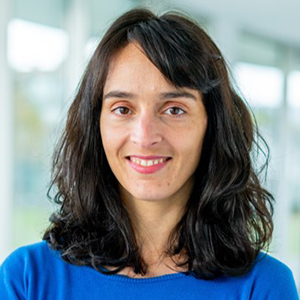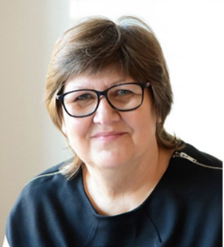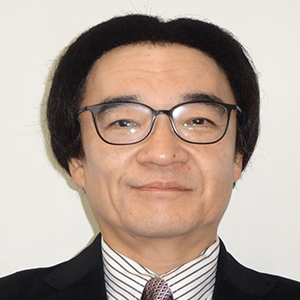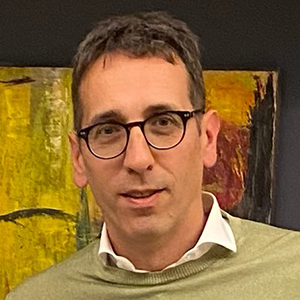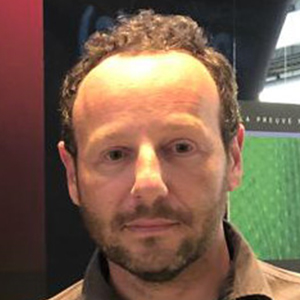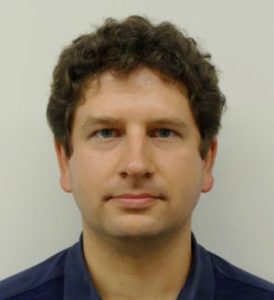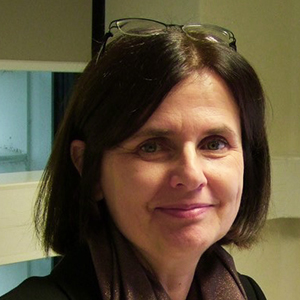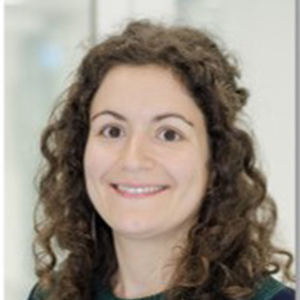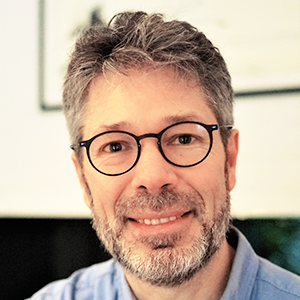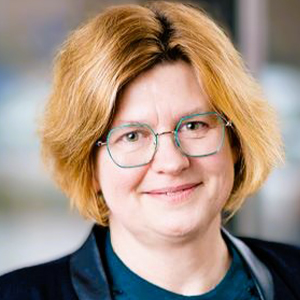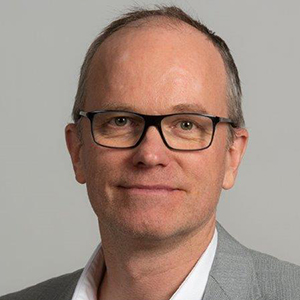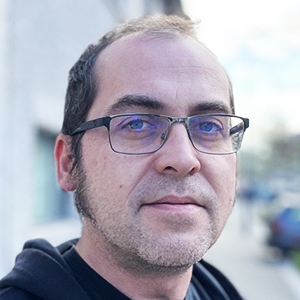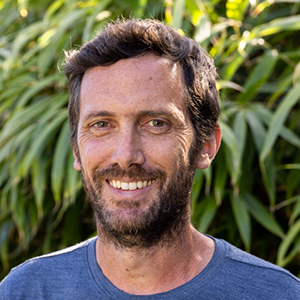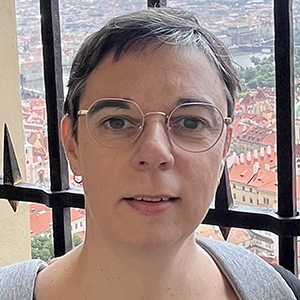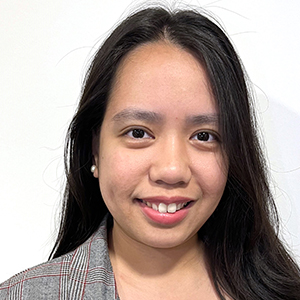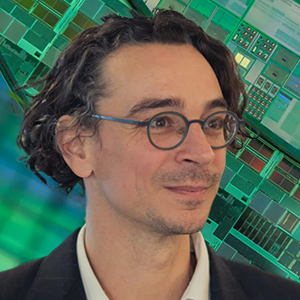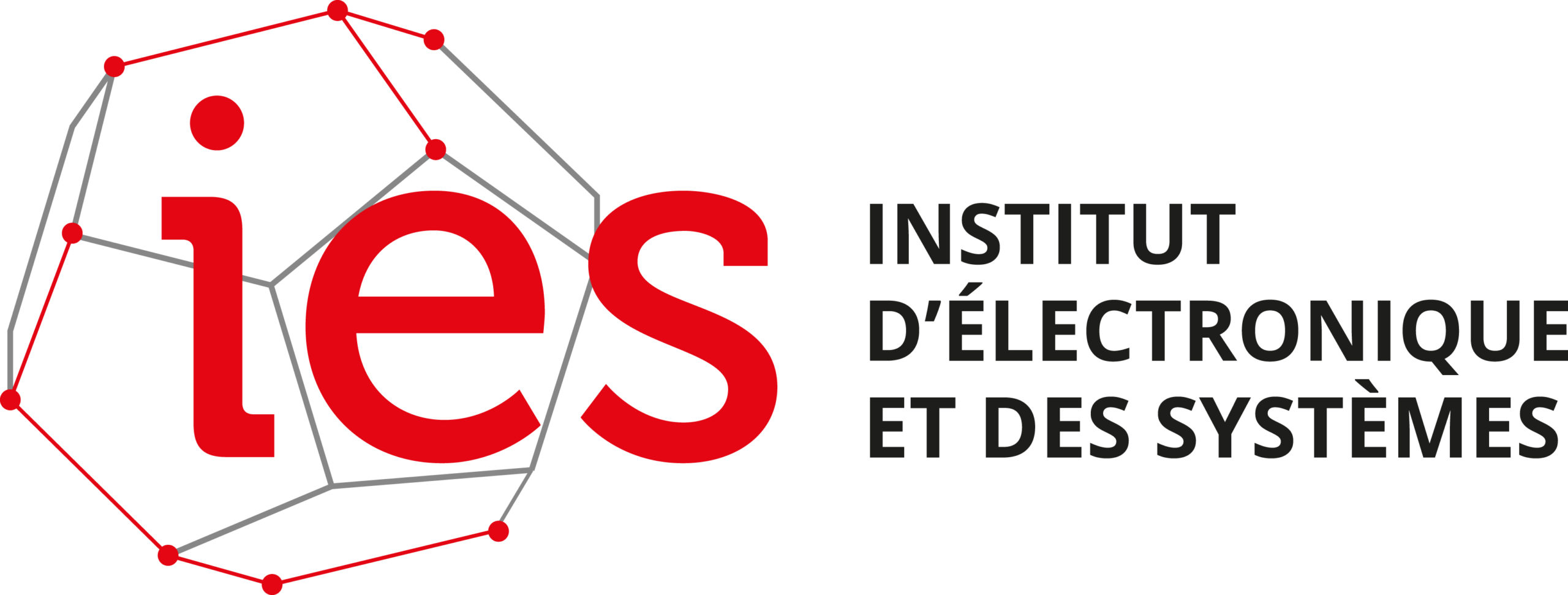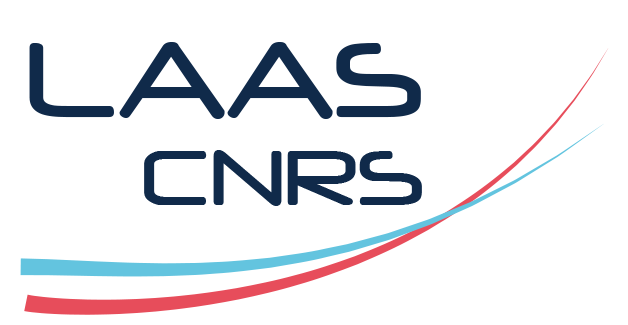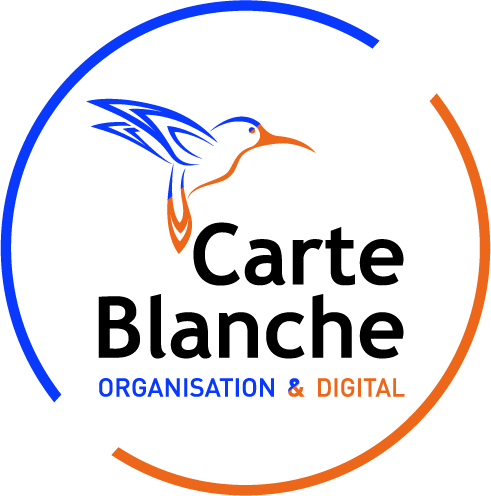Massimo DE VITTORIO | Director of the Center for Biomolecular Nanotechnologies of the Istituto Italiano di Tecnologia, Lecce
Massimo De Vittorio is the Director of the Center for Biomolecular Nanotechnologies of the Istituto Italiano di Tecnologia in Lecce – Italy, and a Full Professor at Università del Salento. In his career, he has developed novel micro and nano technologies applied to ICT, energy, and life science and he has designed and coordinated micro and nanofabrication facilities with full prototyping and small/medium scale production capabilities.
He is currently focusing his research on nanomachined implantable probes for manipulating and recording brain activity and on piezoelectric transducers applied to wearable and skin sensors and ingestible sensors for monitoring and controlling pathophysiological signals and symptoms in real-time. He has been a consultant for high-tech corporations and founder/advisor of 5 startup companies.
He is author of about 440 manuscripts in international journals, 14 patents, 10 book chapters, and several invited/keynote talks at international conferences. He has served on several boards and committees, and for his activity, he has received recognitions and awards. He is the recipient of the 2023 Novo Nordisk Foundation Research Laureate Award.

